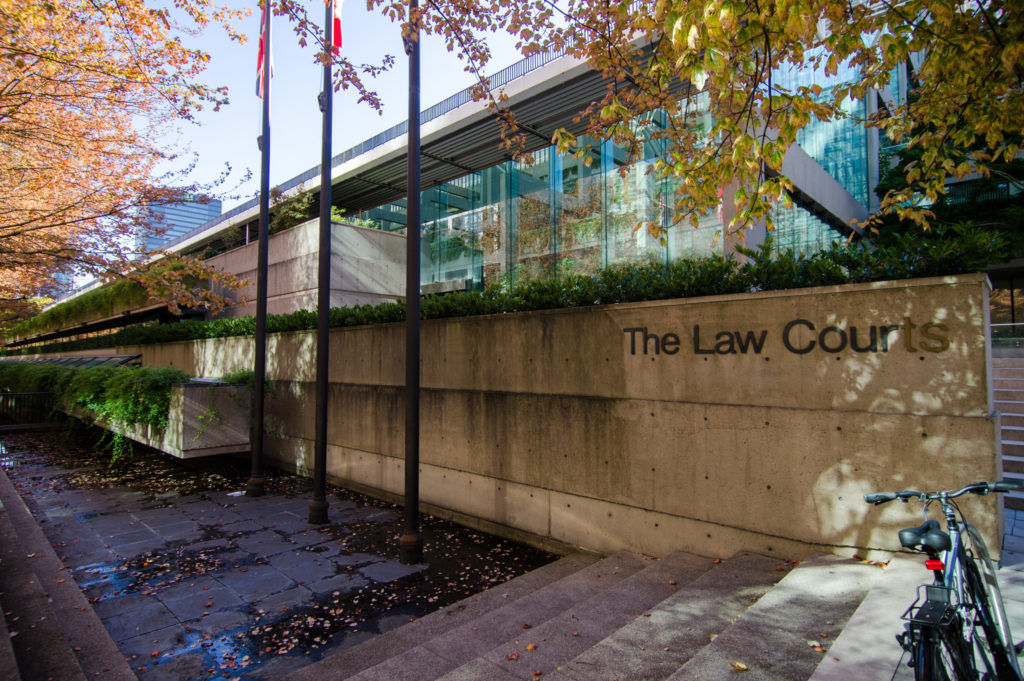Chinese Communist Party, satellite families and Vancouver real estate: Court case reveals nexus

A recent divorce case offers a glimpse into the nexus between the Chinese Communist Party, satellite families and Vancouver real estate.
In the case recently argued at the Supreme Court of British Columbia in Vancouver, Bin Bin Tang had applied for interim spousal support from her ex-husband Wei Cheng[1]Tang v Cheng, 2020 BCSC 1341 (CanLII),
“Ms. Tang worked her way up to a senior position in the Communist Party of China,” read the judgement by Master Elwood. “Mr. Cheng built a successful business focussed on real estate development.”
Court documents reveal that Ms. Tang moved to Canada, in her words, “upon the insistence of [Mr. Cheng] … and became a full time housewife” In 2007.
They bought a house in West Vancouver where she raised her son while Mr. Cheng lived part-time in China while running the family business there.
Mr. Cheng spent most of his time in China after their son went to university in the United States, and Ms. Tang split her time between West Vancouver and in China with Mr. Cheng.
“Ms. Tang’s evidence is that she spent time in China at the request of Mr. Cheng to help him maintain his Canadian permanent resident status (permanent resident status can be retained outside of Canada by living with a Canadian citizen at least two thirds of the time),” the judgement reads.
“In 2015, the family company sold a subsidiary to the Chinese government,” the judgment reads. “The company realized a capital gain on this one transaction in the amount of the equivalent of $11.6 million CDN.”
The couple separated in 2015 and have lived in China since then.
“The parties have kept the house in West Vancouver,” the judgement reads. “The property is registered in their names as joint tenants. It is assessed for property tax purposes at approximately $4 million. The equity in the property is approximately $3.2 million.”
Mr. Cheng has stopped depositing funds in the joint bank account to cover the expenses and making the mortgage payments.
“Ms. Tang now applies for interim spousal support based on an income for Mr. Cheng which she argues is more than $5 million per year from rental properties and investments in China,” the judgement reads.
But Mr. Cheng counters that Chinese law governs the claim of spousal support and the application must therefore be dismissed.
The court disagreed with the former husband, and ruled that “ Ms. Tang has established a prima facie case that British Columbia law applies to spousal support in this case.”
They ordered Mr. Cheng to pay Ms. Tang interim spousal support in the sum of $21,678 per month, retroactive to July 2020.
[Photo Credit: Jeff Hitchcock]
References
| 1. | ↑ | Tang v Cheng, 2020 BCSC 1341 (CanLII), |



